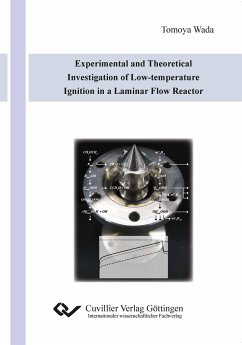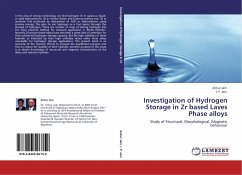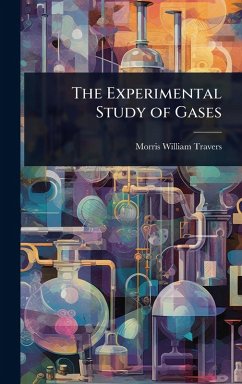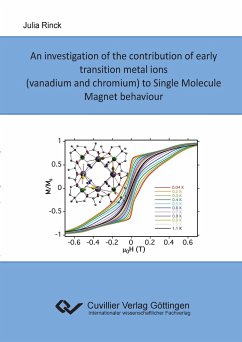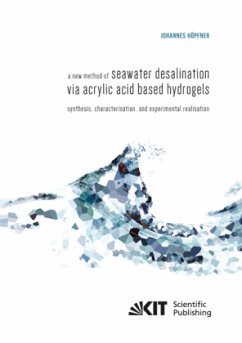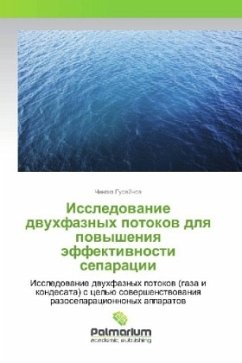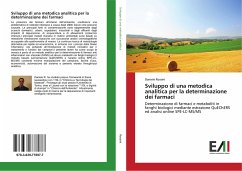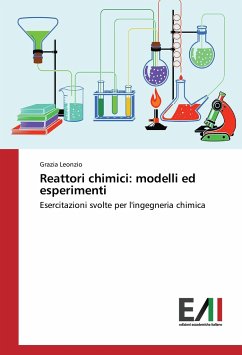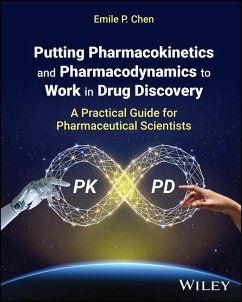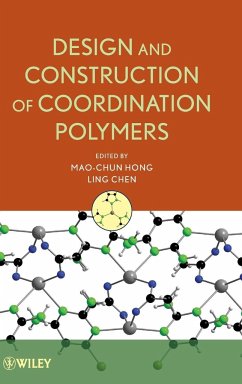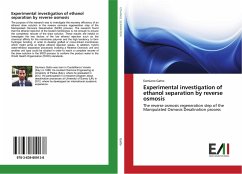
Experimental investigation of ethanol separation by reverse osmosis
The reverse osmosis regeneration step of the Manipulated Osmosis Desalination process
Versandkostenfrei!
Versandfertig in 6-10 Tagen
37,99 €
inkl. MwSt.

PAYBACK Punkte
19 °P sammeln!
The purpose of the research was to investigate the recovery efficiency of an ethanol draw solution in the reverse osmosis regeneration step of the Manipulated Osmosis Desalination (MOD) process. The research found that the ethanol rejection of the tested membranes is not enough to ensure the completely recover of the draw solution. These results are helpful to investigate the key factors of the low ethanol rejection such as the chemical affinity for the membrane polymer and the high tendency to form hydrogen bonding, in order to develop grafted or cross-linked membranes which might arrive at h...
The purpose of the research was to investigate the recovery efficiency of an ethanol draw solution in the reverse osmosis regeneration step of the Manipulated Osmosis Desalination (MOD) process. The research found that the ethanol rejection of the tested membranes is not enough to ensure the completely recover of the draw solution. These results are helpful to investigate the key factors of the low ethanol rejection such as the chemical affinity for the membrane polymer and the high tendency to form hydrogen bonding, in order to develop grafted or cross-linked membranes which might arrive at higher ethanol rejection values. In addition, hybrid water-ethanol separation processes involving a Reverse Osmosis unit and another unit type could be studied in order to reach a complete recover of the draw solution in the MOD process to conform the product water to the World Health Organization (WHO) standards.



